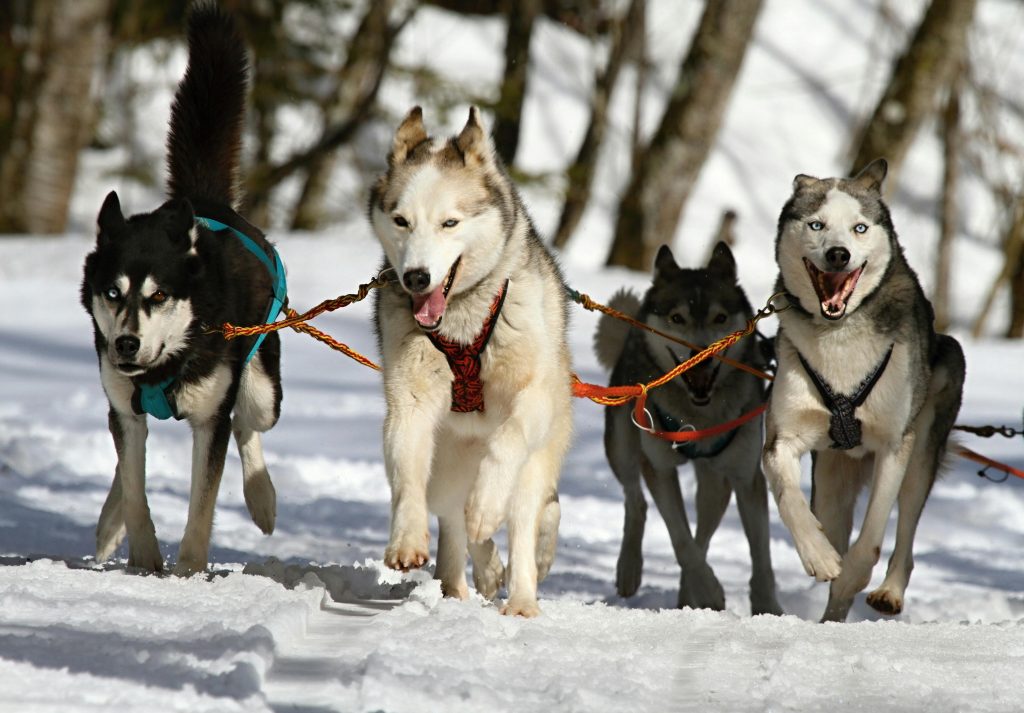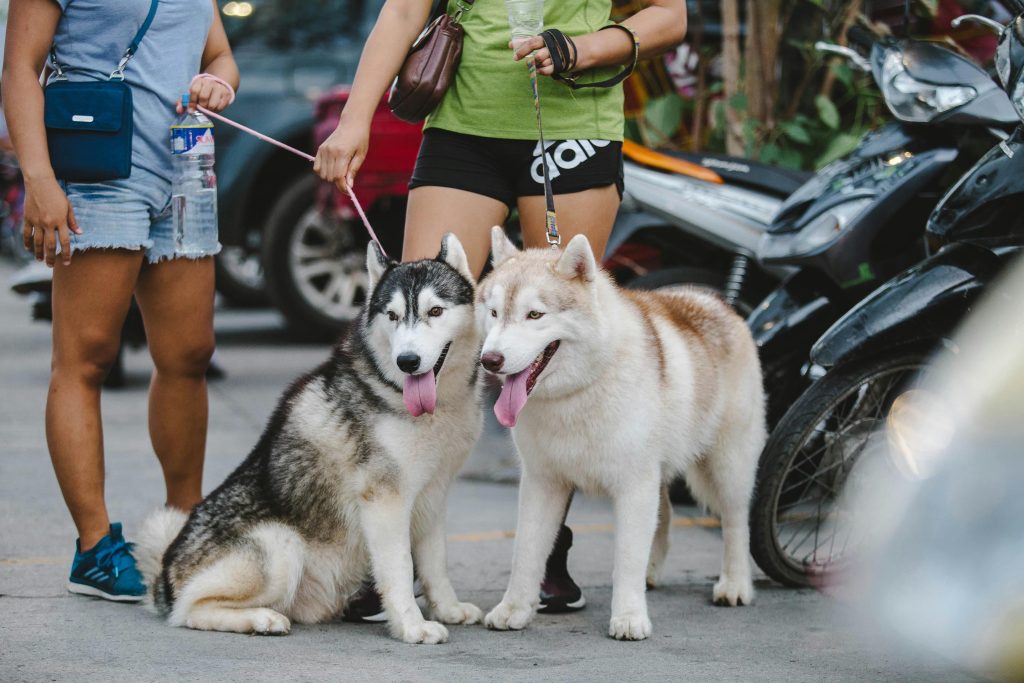Your dog barks at the mailman. And the neighbor. And the wind. Sound familiar? While barking is natural, constant yapping can drive you (and your neighbors) up the wall. Here’s how to train your dog to speak only when it counts—without yelling or losing your mind.

1. Figure Out Why They’re Barking
Dogs bark for all sorts of reasons—boredom, fear, attention, or just excitement. Before you correct it, understand it. Is your pup home alone too long? Are they protecting their turf? Solving the why makes fixing the what way easier.
2. Don’t Yell—It Sounds Like You’re Barking Too
When you shout “Stop!” or “Quiet!” over and over, your dog may think you’re joining in. Instead, stay calm and use a firm, low voice. Dogs respond better to composure than chaos.
3. Teach a “Quiet” Command
Yes, you can actually teach your dog to stop barking on cue. First, let them bark a couple times, then say “Quiet” and reward them as soon as they stop—even for a second. With repetition, they’ll start to connect the word with the action.
4. Keep Them Mentally and Physically Busy
A tired dog is a quiet dog. Boredom is one of the biggest causes of excessive barking. Daily walks, puzzle toys, and short training sessions can burn off that extra energy—and keep the noise down.
5. Block the View if Needed
If your dog is barking at passing people or squirrels out the window, close the curtains or move them to a room with less visual stimulation. Out of sight, out of bark.
6. Don’t Reinforce Attention Barking
If your dog barks and you immediately give them what they want (treat, petting, toy), you’re teaching them that barking = reward. Instead, wait until they’re quiet, then give the attention. Consistency here is key.
7. Try Controlled Socialization
If barking is triggered by fear of strangers or other dogs, gradual socialization can help. Controlled introductions in safe settings—like calm parks or quiet streets—can build confidence and reduce defensive barking.



